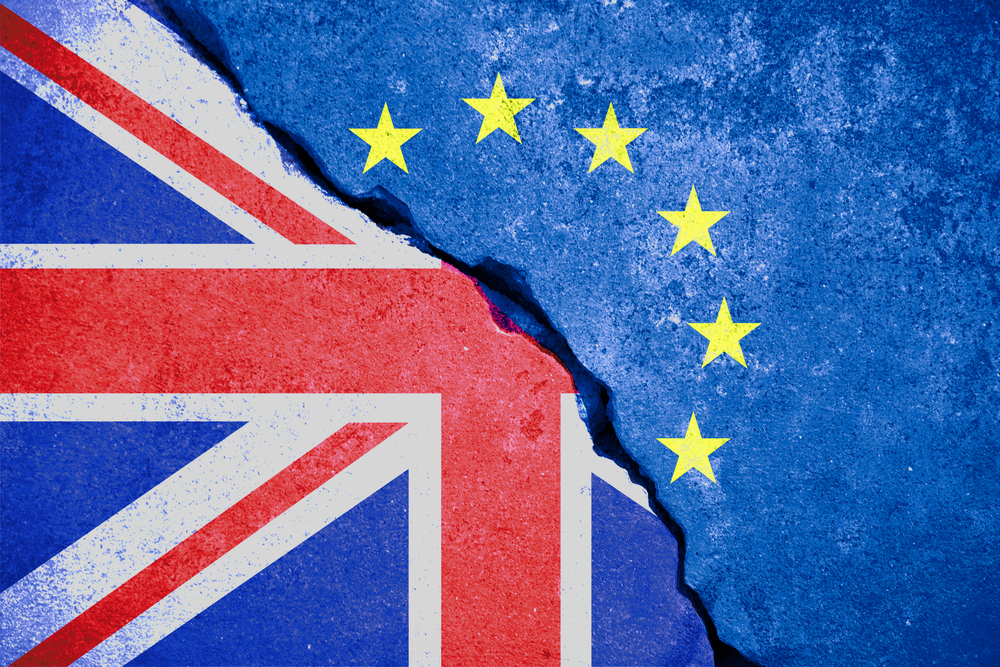The UK government is expected to begin the process of formally leaving the EU towards the end of March, but how will this affect homeowners? Will mortgage rates go up? And what will happen to house prices? Paula Higgins, co-founder of the HomeOwners Alliance, has advice for homeowners on which areas to watch. Mortgage Rates The […]
 The UK government is expected to begin the process of formally leaving the EU towards the end of March, but how will this affect homeowners?
The UK government is expected to begin the process of formally leaving the EU towards the end of March, but how will this affect homeowners?
Will mortgage rates go up? And what will happen to house prices?
Paula Higgins, co-founder of the HomeOwners Alliance, has advice for homeowners on which areas to watch.
Mortgage Rates
The Bank of England responded to Brexit by cutting interest rates to the historically low level of 0.25%. The significance of this move was in signalling that long-term borrowing would likely remain extremely cheap.
This should provide some confidence to homeowners during a period when it is in short supply, and many may choose to re-mortgage. However, the fall in sterling will likely lead to increased inflation, which may in turn lead to interest rate rises and an increase in mortgage costs.
Housing market uncertainty
An initial blip immediately after the referendum saw a reduction in buyer interest, but subsequent data would suggest that the market has remained resilient, experiencing growth, albeit at a much slower rate. Some forecasts suggest house price growth of 0.5% across the UK in 2017, rising to 5% in 2021. Scotland is expected to be flat in 2017, with growth increasing to 4.5% in 2021.
Wales, after even slower growth, is expected to catch up by 2020, reaching 4% in 2021. In the month after the referendum the number of new mortgages approved dropped to its lowest level for 18 months. However, the number of homes for sale is at a near thirty-year low, meaning that the market has avoided the catastrophic crash predicted by some immediately after the referendum.
Construction – Labour shortages
As with all sectors and industries, Brexit has heralded a period of huge uncertainty for the construction and housing markets. With many questions still to be answered regarding the UK’s future relationship with the EU, construction firms and consumers are naturally reacting with caution.
There is already a well-publicised construction skills shortage in the UK, and any limits placed on immigration could further hamper efforts to build more homes.
EU citizens who own UK property
The position of around three million EU citizens living in the UK is still unclear and the government seems be reluctant to make any pronouncements about their situation.
A proportion of them will own domestic properties here in the UK and will be watching the upcoming negotiations closely for signals relating to their right to remain and work in the UK. While unlikely, it is possible that some EU citizens may simply decide to sell up and leave the UK.
Currency – Foreign buyers
The most significant impact of the fall in sterling since the referendum has been on the prime property market, particularly in London. Buyers with their money in dollars have effectively been given a 10% discount.
On the other hand, the increased level of stamp duty introduced in spring 2016 has been reported to have caused a slump in prime central London property. However, in many cases foreign buyers are continuing to keep their powder dry, anticipating further drops in sterling when Article 50 is likely to be triggered.














